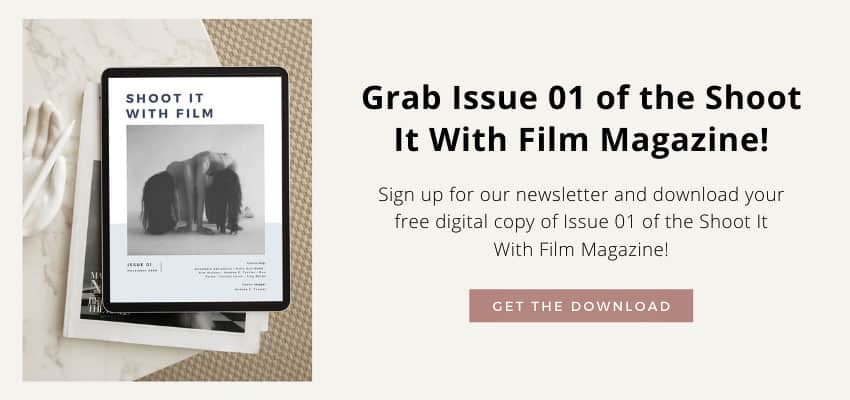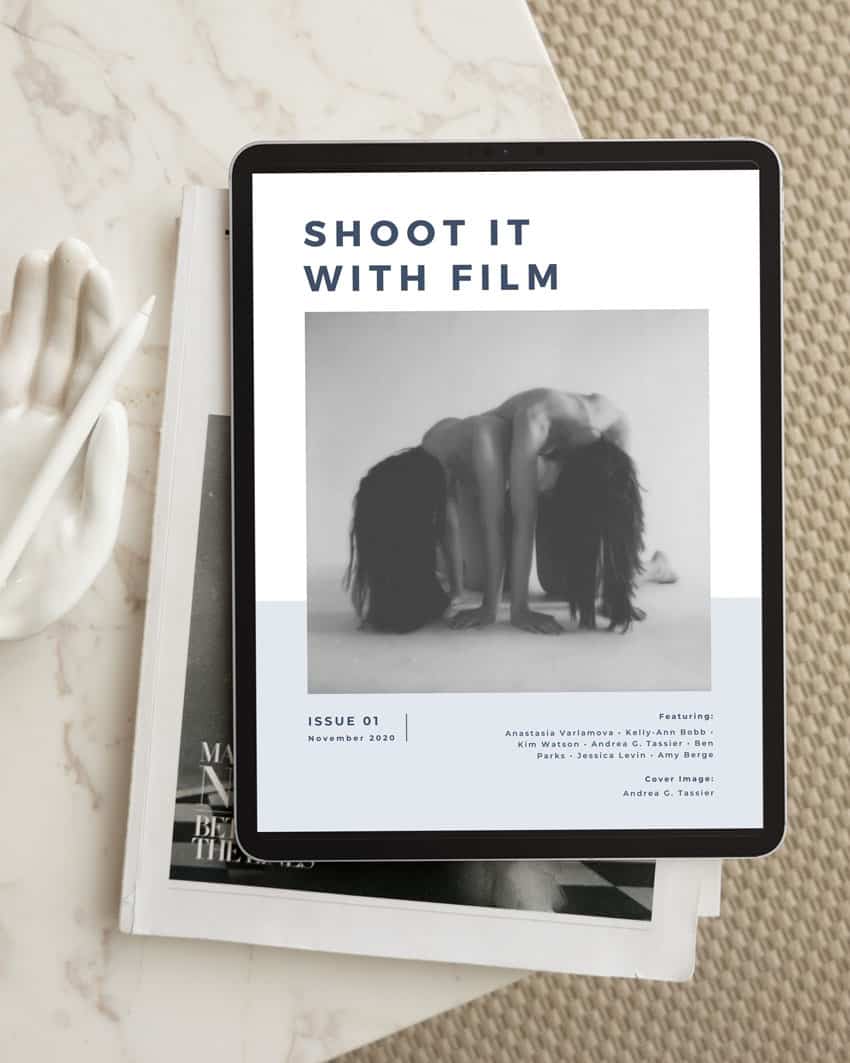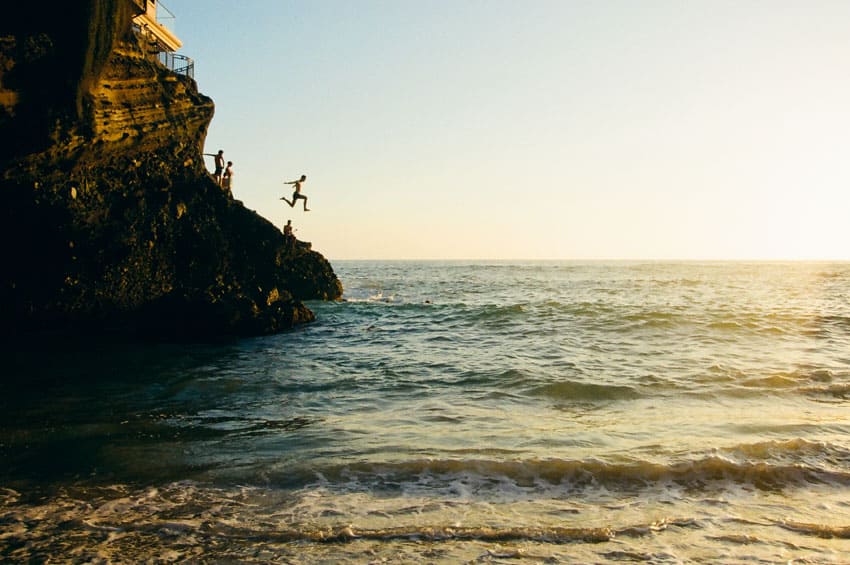
Written by Angela Izzo
If you’re looking for a compact film photography experience, shooting 110 film might just be the way to go.
110 film is much smaller than 35mm and medium format with a frame size of 13mm x 17mm, and the entire roll is contained in an easy-to-load small film cartridge that doesn’t require manual spooling, making it lock and load.
110 film is much smaller than 35mm and medium format, making it easy to use in compact cameras, but, at the same time, it limits image quality. With tiny frames, 110 film has lower resolution photos with more noticeable grain—fine for casual snapshots but not ideal for enlargement.
In comparison, 35mm film offers better detail and versatility. Medium format film goes even further, with much larger negatives that have sharper detail and richness in tones, that requires bigger and more manual equipment to work with.
Each format has its strengths, depending on what kind of photography experience you’re after, but let’s dive into what makes 110 film so unique.
Find 110 film on Amazon or at B&H Photo.


The History of 110 Film
110 film was introduced by Kodak in 1972 as a compact, easy-to-use format designed for everyday users rather than professional photographers.
Its small plastic cartridge made loading film simple—making it ideal for point-and-shoot cameras and casual photography. The goal was to make photography more accessible.
Though it never offered high image quality due to its tiny frame size, it became hugely popular throughout the 1970s and ’80s because of its convenience and affordability.
While it wasn’t used in professional or specialized fields, 110 film carved out a strong presence in the mass market before eventually being overtaken by higher-quality formats and digital cameras.





Advantages & Disadvantages of 110 Film
What I love most about shooting with 110 film is how portable, easy, and compact it is! I can easily fit the camera in my bag, and it barely adds any weight.
Plus, I have some really cute cameras from Lomography—like the Diana Baby, which I customized and hand-painted designs on, and the gold Lomo FishEye Baby. They always draw attention when I’m out shooting because they’re so small and stylish. I guess you could say I have a bit of a camera fetish!
On the downside, the tiny film size can be a challenge. I’ve run into complications scanning my negatives because my scanner often struggles to recognize 110 frames.
Early on, I was able to “trick” it into detecting the film and would occasionally rely on my local lab to help with the process. But over time, I realized I prefer having full control over my scans. My shooting style is more abstract than most, and film labs often misinterpret my techniques—so handing that part off can feel limiting. I found a 110mm film holder that fits perfectly into my 120mm scanner holder, and it’s been a total lifesaver.
Since the negatives are so small, the resolution isn’t the highest and the grain can be pretty noticeable. But honestly, when you scan the images large and embrace the grain, it creates a nostalgic, textured vibe that I really love.



Related: 35mm vs 120: Choosing a Film Format
110 Cameras & Film
I was first introduced to 110 film and cameras through Lomography. After shooting with the Diana Mini for over a decade, I was excited to see they released the Diana Baby in 110 format—I just had to have it!
Lomography is currently producing three different 110 cameras: the Lomomatic 110 Camera, the Diana Baby 110, and the Fisheye Baby 110.
I mostly source my 110 film through Lomography and have experimented with several of their unique styles, like Lomochrome Purple, Orca, Peacock, and most recently, the Tiger 110 film.
Of course, you can find vintage 110 cameras and film from other sellers online, but those tend to be more expensive.


Having 110 Film Developed & Scanned
Since the 110 film was rereleased, it’s become much easier to find cameras and film online if you’re looking for a small, grab-and-go photography experience. For me, scanning 110 film can be a bit tricky, especially with only about 24 exposures per roll.
Luckily, I live in Los Angeles and have a trusted photo lab in Echo Park where I get my 110 film developed, and then take it to my studio to scan.
Labs might charge more for developing and scanning, which is why I usually scan all my film myself. theFINDlab, Indie Film Lab, and The Darkroom film lab all process and scan 110 film, but you may need to reach out to them for prices.
Overall, shooting with 110 cameras and film has been an amazing experience for me as an artist and photographer, it challenges me to understand this style more and I wouldn’t change a thing!



Thank you so much, Angela! Angela is a regular contributor here at Shoot It With Film, and be sure to check out her other articles here, such as Lomography Sprocket Rocket Review.
You can also check out more of her work her website, Instagram, and YouTube.
Leave your questions about 110 film below in the comments, and you can pick up 110 film on Amazon or at B&H Photo.









Leave a Comment